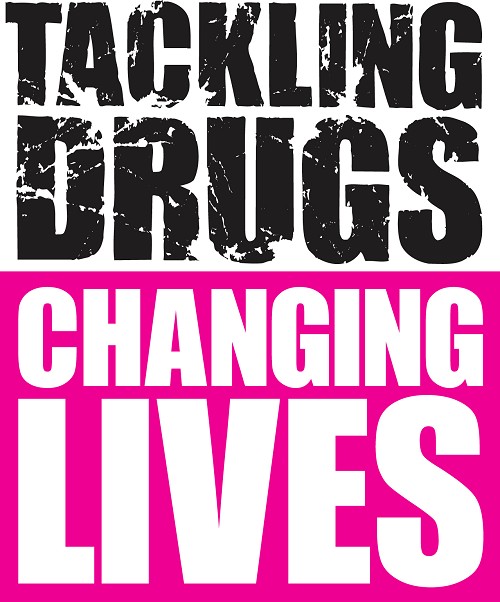 |
Drug Addiction,Detox,Treatment and Rehabilitation.
|
There is no one-size-fits-all solution to treatment. Different treatments work for different people.
Patients must commit enough time to treatment in order to effectively overcome their addictions.
Everyone should have easy access to treatment when they need it.
Addiction affects the way the brain works.
Medicinal treatment is often necessary and should be used in conjunction with therapy.
Treatment plans should continually be tailored to meet the individual's needs and circumstances.
Mental disorders are often linked to drug addiction and should be addressed in treatment.
An addict does not have to voluntarily go to treatment in order for it to be effective. Many
addicts are compelled to go to rehab by the court system, family or friends, and still achieve recovery once they go through the program.
If patients receive medications during treatment, they must be monitored closely by staff members to ensure the medications are not abused.
Treatment should include warnings about the health risks of drug use, and include medical testing to ensure patients are free from infectious diseases.
Detox
Most drug and all alcohol addictions require a detox program before the start of the rehabilitation program. This process of detoxification removes all traces of drugs and alcohol from the body in some cases. In other cases, maintenance medication may be given to counteract the withdrawal symptoms associated with certain drugs, such as opiate prescription drugs and heroin.
The severity of the detox process varies from person to person, depending on the substance in question, how long they took the drug and at what dosage levels, and if there are any other addictions involved. When a person takes a drug or consumes alcohol regularly, the body becomes accustomed to having certain levels of the substance in it. Once the substance is removed, the body can go into a type of shock, causing withdrawal symptoms to occur. According to the US National Library of Medicine, some withdrawal symptoms can occur immediately, but most usually occur within 24 hours after the last dose.
Withdrawal symptoms after detox include, but are not limited to:
Extreme depression
Issues with concentration
Decreased appetite
Severe fatigue
Agitation
Runny nose
Inability to sleep
Sweating
Nausea
Cramping
Diarrhea
Trembling or shaking
Rapid heart rate
Troubled breathing
Headaches
Muscle tension and pain Seizure
Stroke
Hallucinations
Heart attack
Detoxification is generally a safe process when undergone in a supervised medical setting. Addicts should never attempt to detox on their own at home; the results could be deadly.
Rehab
Once an individual gets through the initial detox from drugs or alcohol, they will move on to the rehabilitation portion of the recovery process. This is where the patients get to the core reasons behind their addictions, addressing those issues so they can effectively move on with their lives without going back to drugs, alcohol or their addictive behavior.
In individual behavioral therapy, the patient will do this work by identifying when they began using the substance and why they started abusing it. The patient will receive strategies on how they can direct their time to focus on getting involved in new hobbies or interests. Time management skills will allow them to better use their time so they have less opportunity to think about relapse. Patients learn to identify triggers, and how to deal with these triggering situations when they come up. If patients have a plan for various tempting situations, they are more likely to put their plan into action and avoid relapse. This type of cognitive behavioral therapy also addresses thoughts that patients have in relation to substance abuse or life in general. It helps to reform their thinking patterns and make behavioral changes toward a healthy, sober life.
The addiction rehabilitation process usually includes group therapy. These group sessions allow the recovering addict to interact with others who are in the same situation. It is often helpful for recovering addicts to know that they are not alone in their struggles. Likewise, it can be beneficial for addicts to share their own stories of addiction and recovery, as others find solace in them. This sense of community support is integral to the recovery process.
Most addiction rehabilitation facilities offer family therapy as part of their program. Addiction is far-reaching, affecting many people rather than just the individual with the addiction. Family members are often those who are most deeply affected by their loved one's addiction, and they are an important component of the recovery process for that person. Initially, patients may be restricted from contacting loved ones but later in the recovery process, family members are often welcomed to participate in family therapy session. During these sessions, family members can discuss pain caused by their loved one's addiction and their desire to see that person live a healthy life. Family therapy can help to resolve issues so the family can serve as a pillar of support once their loved one leaves the rehabilitation facility.
source
source
No comments:
Post a Comment